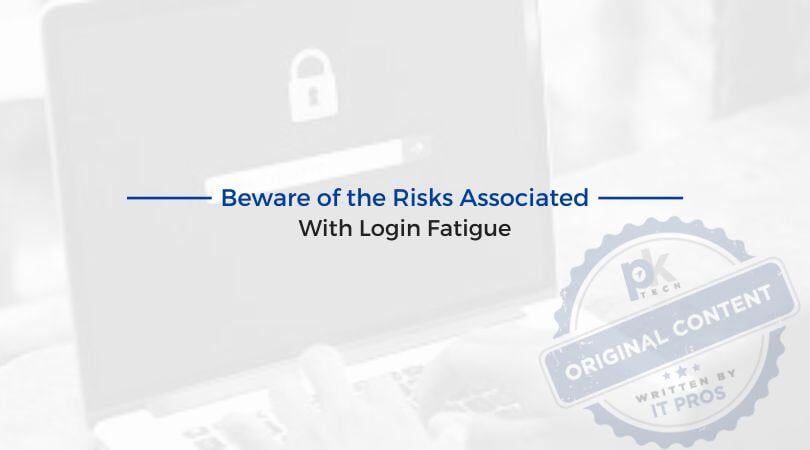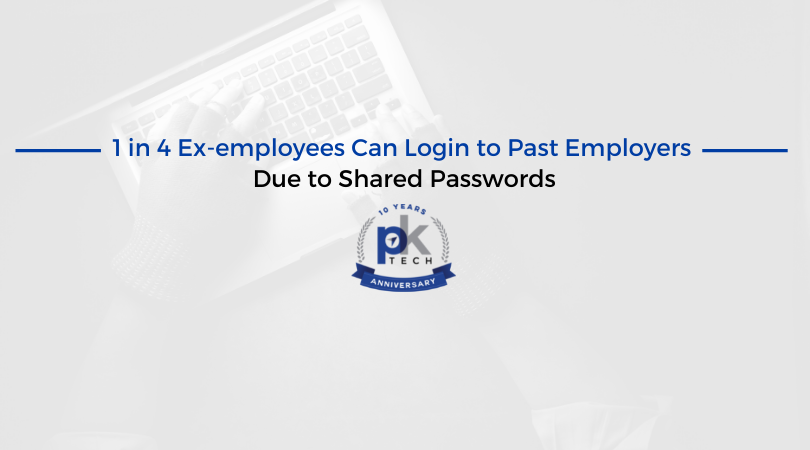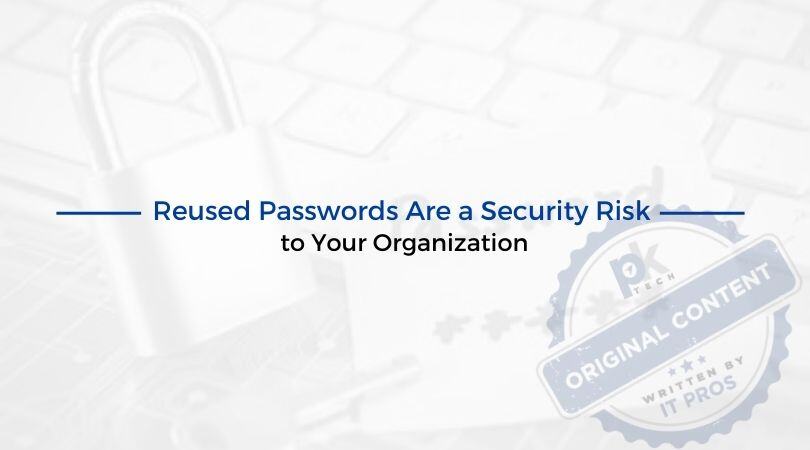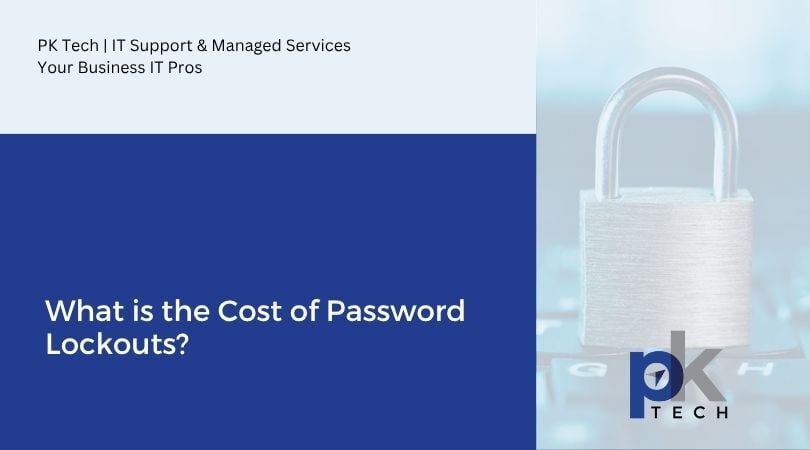Beware of the Risks Associated With Login Fatigue
The days of using your favorite color or your pet’s name as your password are long gone – in fact, they never should have been a thing in the first...
The problem of password lockouts and resets is one of the root causes and outcomes.
What is the root cause of password resets?
Why are employees resetting their passwords so much?
Here’s the problem: password lockouts and resets seem like minor interruptions, but they carry significant hidden costs that often go unaddressed in many organizations.
At what frequency are password resets happening in your organization? Do you even know the answer to that question? What’s the total cost to your organization per year?
In this blog, we’ll uncover the common cause of password lockouts and why your organization should address this issue to save money.
Let’s start with the basics: what is a password lockout, and why do they happen?
No matter your industry, scope, or size, every employee in your organization uses passwords.
A password lockout is a security feature that temporarily or permanently restricts access to a user account after a set number of incorrect login attempts. This mechanism is commonly used in systems and applications to prevent unauthorized access, particularly from brute-force attacks where attackers repeatedly try different password combinations to gain entry. Once the threshold of failed attempts is reached (usually between 3 to 10 tries), the account is either locked for a specified period (e.g., 15 minutes) or until a system administrator manually resets it.
Costs are both physical and intangible. This means there is a dollar cost, an adverse productivity effect, a customer impact, and potential cybersecurity challenges with password lockouts.
Let’s first talk about direct IT expenses. When a password lockout occurs, it requires a human (e.g., a system administrator) to reset it. Until that happens, the employee's productivity is at a standstill.
Because of these two factors, labor is one of the most tangible costs of password lockouts. 50% of all help desk calls relate to password resets, and each incident can cost a company up to $70. These aren’t pocket-change issues; the annual IT burden becomes substantial when scaled across dozens or hundreds of employees.
Beyond IT labor, there’s a bigger, more invisible cost: employee productivity loss. The time spent resetting passwords includes:
Employees lose roughly 11 hours per year to password lockout scenarios. In a business with 1,000 staff, that’s 11,000 lost hours. This is time that could otherwise fuel innovation, customer service, or revenue generation.
For organizations involved in e-commerce, password hiccups have immediate financial impact. Friction at critical moments, like when a prospective customer is creating or resetting a password during checkout, can lead customers to abandon high-value carts. The result? Direct loss of sales and harm to brand reputation.
Although less obvious, password lockout procedures can become security vulnerabilities:
Attention to cost reduction is a benefit to any organization. When it comes to reducing password lockouts, organizations will see a direct IT spend reduction by lowering password lockout occurrences.
As a strategic IT partner, here are our key recommendations:
While password lockouts enhance security, they can also lead to productivity issues and user frustration, not to mention cost your organization unnecessary IT spend. Employees who get locked out of critical systems may experience downtime, and IT teams must spend time resolving access issues.
In managed IT environments, balancing the strictness of lockout policies with user convenience is the name of the game. When you achieve this, you maintain both security and operational efficiency.
As a managed IT provider, we help businesses solve challenges like password lockouts (and much more) by combining more innovative password policies, automation, and rethinking authentication strategies.
The result? A more efficient, secure, and user-friendly environment for everyone. Ready to chat with PK Tech? Schedule a time here.

The days of using your favorite color or your pet’s name as your password are long gone – in fact, they never should have been a thing in the first...

Believe it or not, many former employees can still access their old work accounts due to poor password practices by businesses nationwide. It’s an...

Some people in life will have to learn by experience, and for some, even experience doesn’t teach the necessary lessons. Unfortunately we see this...
